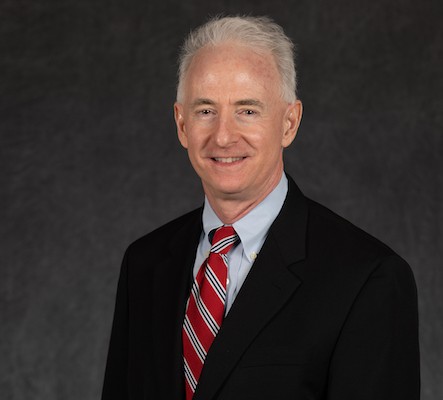
Paul Kilgore
Associate professor of Pharmacy Practice
Paul Kilgore
Education
- 1991 - Doctor of Medicine, Wayne State University, School of Medicine, Detroit, MI
- 1987 - Masters of Public Health in Epidemiology, University of Michigan School of Public Health, Ann Arbor, MI
- 1985 - Bachelor of Science in Pyschobiology, University of Michigan, College of Literature, Science and the Arts, Ann Arbor, MI
Areas of Expertise
- Immunizations
- Vaccines
- Vaccine Research
- Epidemiologic Methods
- Global Health Research
- Health Disparities Associated with Infectious Diseases and Vaccine-Preventable Diseases
- Outcomes Research
- Translational Medicine and Research
- Infectious Disease Epidemiology
- Emerging Infectious Diseases
Awards and Honors
- 2018 - Fellowship, American College of Physicians
- 2017 - Excellence in Research Award, Eugene Applebaum College of Pharmacy and Health Sciences
- 2009 - Long-term Service Award, International Vaccine Institute, Seoul, Korea
Research
The overarching vision of our research program is the reduction of disease burden associated with bacterial and viral infections among infants, children and adults. Our research program focuses on the study of infections using innovative, multi-disciplinary tools that enable more rapid disease diagnosis as well as more accurate ascertainment of the disease burden due to specific infectious pathogens. Our research integrates the application of tools across a wide range of disciplines in order to accurately describe disease burden by age, race/ethnicity, geography and environment. We conduct our research in close cooperation with community partners, non-governmental stakeholders, faith-based organizations, public health experts, and other technical experts with the goal of supporting the development of health programs and policies that improve individual patient outcomes and safety as well as reduce health disparities in the general population. Based on empiric research findings, we conduct rigorously-designed, evidence-based evaluation of interventions to achieve sustainable health gains particularly among underserved populations.
Courses taught by Paul Kilgore
Fall Term 2025 (future)
Spring-Summer Term 2025 (future)
Winter Term 2025 (current)
Fall Term 2024
Spring-Summer Term 2024
Winter Term 2024
Fall Term 2023
Spring-Summer Term 2023
Winter Term 2023
Recent university news spotlights
- Health officials: 2 more children die of flu; total pediatric deaths in Michigan now at 5
- Wayne State University experts warn of potential threats due to low vaccination rates in Michigan; stress importance of immunization
- Wayne State University announces creation of two research centers and institutes that aim to impact the health of Detroiters and beyond